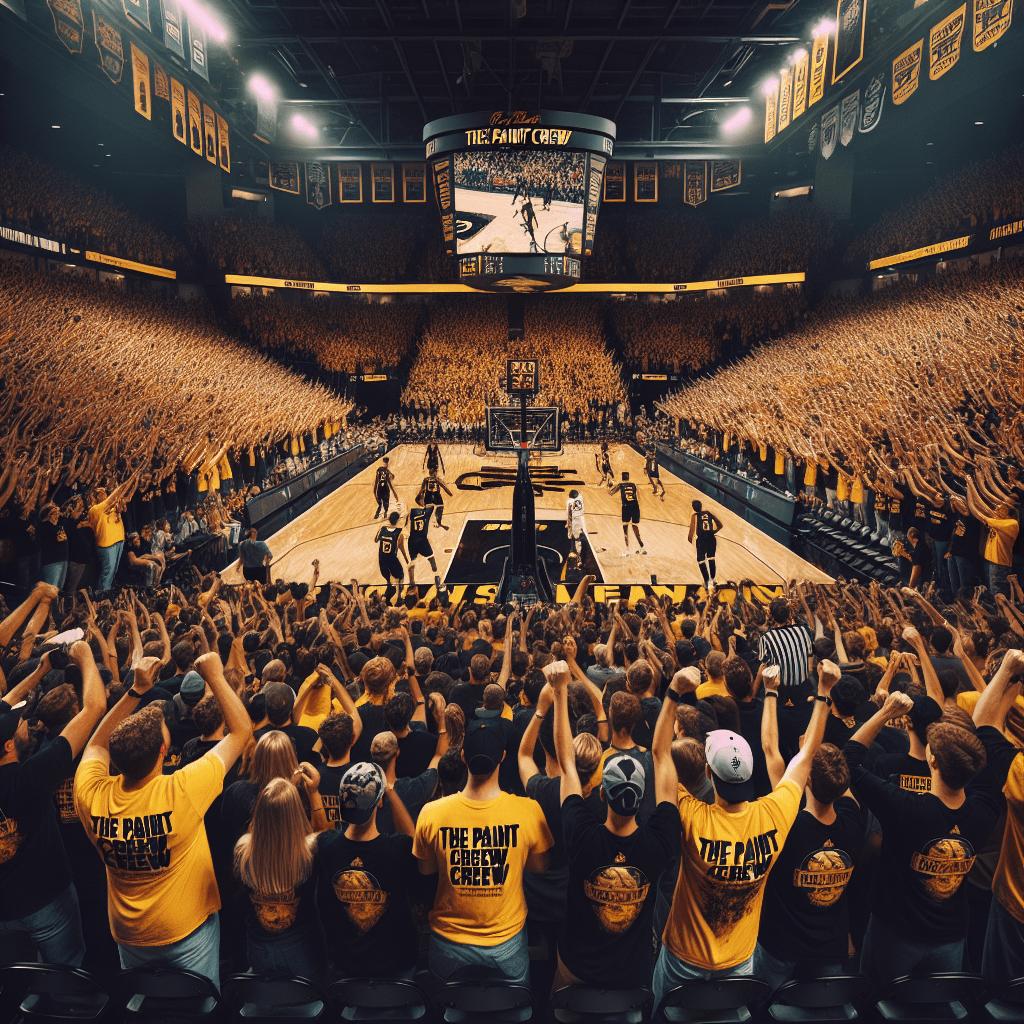The Legacy of Purdue Basketball: Strengths, Challenges, and Prospects
Purdue University’s basketball program boasts a rich tradition within college basketball, encapsulating over a century of competition. The Purdue Boilermakers, hailing from West Lafayette, Indiana, have established themselves as a perennial presence in the NCAA tournament and have earned a reputation for their staunch defense, disciplined play, and strong coaching. This comprehensive look into Purdue basketball explores its history, notable achievements, coaching philosophy, player development, fan culture, and future outlook.
Historical Highlights of Purdue Basketball
The history of Purdue basketball is punctuated by numerous milestones that have contributed to the program’s reputable status. From its inception, the Boilermakers have been a force in collegiate athletics. They count among their achievements a significant number of Big Ten Conference titles and have made multiple appearances in the NCAA tournament.
Early on in the 20th century, Purdue quickly emerged as a competitive team. During the 1930s to the 1970s, the program accumulated an appreciable count of conference championships. With legendary figures like John Wooden — who played for Purdue in the 1930s before going on to achieve fame as a coach — the foundation was set for a culture of excellence that carries on to this day.
Furthermore, into the late 20th century and early 21st century, success continued to ebb and flow with different coaches bringing their own styles and strategies to the program. Gene Keady’s tenure from 1980 to 2005 brought about significant success including a number of Big Ten titles and consistent tournament appearances.
Coaching Strategy and Philosophy
An integral component of any sports program is the coaching strategy that underpins player development and game tactics. Matt Painter, who succeeded Gene Keady as head coach in 2005, has perpetuated a culture that emphasizes hard-nosed defense and efficient offense. Painter’s coaching philosophy hinges on recruiting disciplined players who fit within his system, which focuses on positional versatility and basketball IQ.
Additionally, attention to mental preparation, adapting to opponents’ strategies while maintaining their own distinct style of play are trademarks of his approach. As Painter continues to record more seasons I under his belt at Purdue, his impact on defining the modern era of Boilermakers basketball is unmistakable.
Player Development and NCAA Success
Purdue basketball has been distinguished not just by strategy but also by its commitment to player development. Across various eras, the program has consistently produced players who excel not only at the collegiate level but also pave their paths toward successful professional careers.
This cradle of growth is reflected not only in the individual accolades earned by Purdue alumnae but also in the team’s on-court success. The Boilermakers have made deep runs in the NCAA tournament, struggling at times to reach Final Four or securing national championship success due to stiff competition but nonetheless marking seasons with impressive credentials.
Fan Culture and Home-Court Advantage
The zestful atmosphere of Mackey Arena, home of Purdue basketball since 1967, contributes substantially to what is frequently described as one of the most formidable home-court advantages in college basketball. The student section known as “The Paint Crew” adds a dynamic layer of enthusiastic support that can rattle opposing teams and uplift their own.
This effulgent mixture of noise, pride, and sportsmanship makes every Boilermakers’ game special for both fans and players, establishing an invaluable part of the collegiate athletic experience at Purdue.
Future Prospects: Recruits and Season Outlook
Looking ahead,Purdue continues its efforts to remain at the forefront of NCAA basketball by recruiting promising high school talents. Retaining competitiveness is a balancing act requiring consistent renewal in rosters without losing sight of the defining principles present since axis.
As recruitment aligns with development philosophy,ID ongoing success will likely depend on addressing gaps,specially regarding athleticism for pace adaptability within razzi-glitz of modern basketball.
